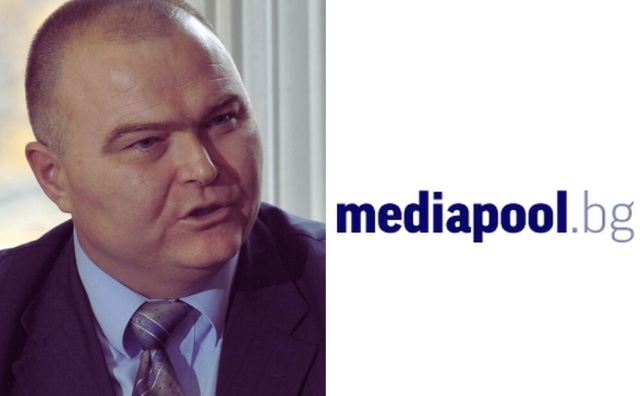The Supreme Court of Cassation (SCC) has issued a final ruling against Bulgarian news outlet Mediapool and journalist Boris Mitov, ordering them to pay over 43,000 leva in damages and legal costs to Judge Svetlin Mihaylov. The case stems from a series of publications in 2018 that addressed Mihaylov’s candidacy for president of the Sofia City Court, which the court deemed defamatory.
The articles, published during the judicial appointment process, included descriptions such as “scandalously famous,” “scandalous millionaire,” and “compromised candidate.” A panel of three SCC judges – Bonka Decheva, Vanya Atanasova, and Atanas Kemanov – determined that these characterizations suggested unethical or illegal behavior and were not protected expressions of journalistic opinion. This decision reverses the prior ruling of the Sofia Court of Appeal, which had significantly reduced the compensation amount and found much of the reporting to fall within permissible critique of a public figure.
Under the SCC’s ruling, Mediapool and Mitov are jointly liable to pay 20,000 leva in compensation, along with 16,000 leva in accrued interest and 7,200 leva in legal fees – totaling 43,200 leva. The court found a direct link between the published articles and Mihaylov’s health deterioration, including life-threatening bleeding, and reported worsening of his personal relationships, particularly with his children.
The four articles at the heart of the case were published in February 2018 and focused on Mihaylov’s candidacy and his prior term as head of the Sofia City Court (2004 – 2009). They referenced public information, such as his involvement in the “Gallery” scandal, declarations of personal assets exceeding one million leva, and his 2007 nomination to the Supreme Judicial Council by the Movement for Rights and Freedoms (DPS).
While the Court of Appeal had ruled that these were based on factual information and did not infringe on Mihaylov’s dignity, the SCC took a different view. It concluded that the language used went beyond journalistic analysis and crossed into personal humiliation, undermining the judge’s moral and professional standing.
One aspect of the ruling has sparked concern within legal and media circles – the inclusion of Judge Atanas Kemanov on the SCC panel. Kemanov had previously recused himself from the case in 2022 while serving at the Court of Appeal due to a collegial relationship with Mihaylov. However, having since moved to the SCC, he participated in the final ruling, asserting that the previous reason for recusal no longer applied. According to lawyer Alexander Kashumov, representing Mitov and Mediapool, this development raises doubts about the impartiality of the final decision and challenges the principle of a fair trial.
The case has been cited by media rights defenders and legal experts as an example of a SLAPP (Strategic Lawsuit Against Public Participation) – a tactic used to intimidate and silence journalists through burdensome legal action and the threat of severe financial penalties. The ruling has drawn criticism for appearing to disregard the standards set by the European Court of Human Rights (ECHR), which maintains that public figures should tolerate broader scrutiny and that the distinction between fact and opinion is fundamental to free expression.
Both the Bulgarian Constitution and the European Convention on Human Rights protect the right to freedom of speech. Nonetheless, the Supreme Court emphasized that such protections do not extend to statements it considers slanderous or insulting – a conclusion that many observers fear could have a chilling effect on investigative journalism in Bulgaria.
